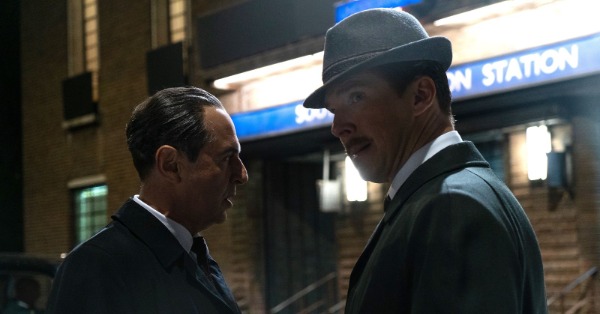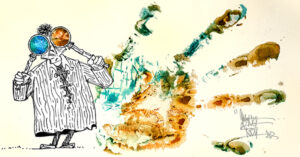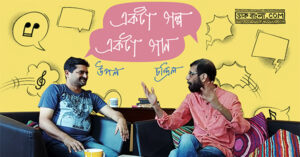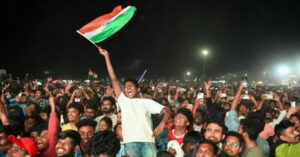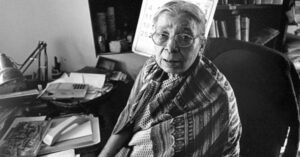Review — Film; The Courier
Cast — Benedict Cumberbatch, Merab Ninidze, Rachel Brosnahan, Jessie Buckley
Direction — Dominic Cooke
A clutch of very talented, dashing British actors are vying for the chance to be the next James Bond, and Benedict Cumberbatch is not one of them. In The Courier he out-spies 007 by playing the 1960s British spy Greville Wynne, who famously entered Soviet Russia and sauntered back with nuclear secrets in his briefcase, for his handlers in MI6 and CIA.
The Courier, directed by Dominic Cooke, is a good old-fashioned Cold War thriller with shifty eyes, hidden cameras and eared walls that brings back the magic of John le Carre novels and Kim Philby memoirs. The movie keeps it simple, is backed by stellar performances and has a soundtrack worthy of a film set in the early 1960s.
The Courier opens under Lenin’s stony stare, with Nikita Khrushchev holding apparatchiks and military officers in his thrall during a speech extolling the might and power of the Soviets. Many miles away from the Iron Curtain in London is Wynne, a travelling businessman who charms and weasels his way into deals and orders. Greville’s ‘one true gift’ is his ability to drink, he is out of shape, and is not taken too seriously by his wife, his son or by himself. The unsuspecting and unremarkable Greville becomes the ideal conduit for the CIA and the MI6 to communicate with Oleg Penkovsky. The latter, a military intelligence official, risks his life and puts his young family in harm’s way because he fears that a maverick Khrushchev’s finger on the nuclear button will endanger the world.
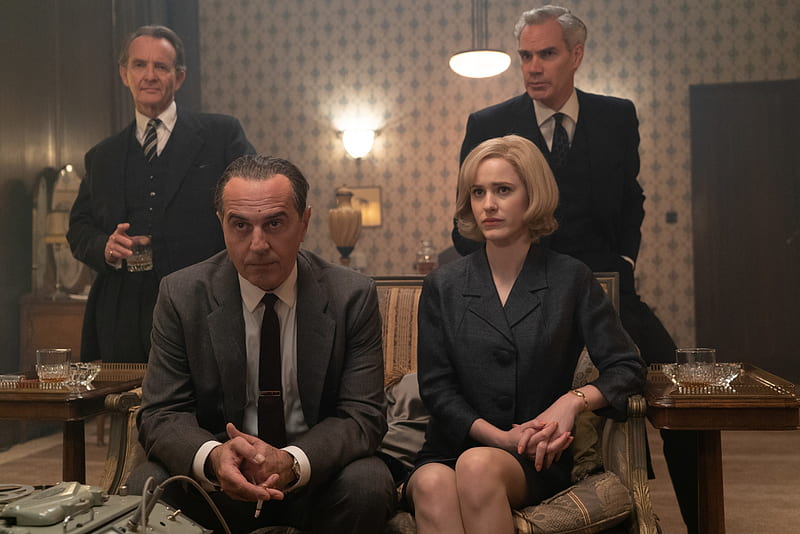
While most viewers would know what Cumberbatch is capable of, thanks to films like The Imitation Game, the true revelation is Georgian actor Merab Ninidze who gifts Penkovsky a humanness behind his inscrutable façade – he is shackled to a regimented life but dreams of a future in Montana. The scene where he looks up at Khrushchev with terror-filled eyes at the opera, and the one where he jives to Chubby Checkers’ Let’s Twist Again with abandon at a London pub stay with the viewer as does his chemistry with Cumberbatch. As two men who are thrown together by events much larger than them, the story hinges on the dynamics between Penkovsky and Wynne, and both actors ace it – particularly in the crescendo they hit during the performance of Swan Lake. Cooke orchestrates an incredible scene that uses a ballet performance to mirror the crisis the men find themselves in.
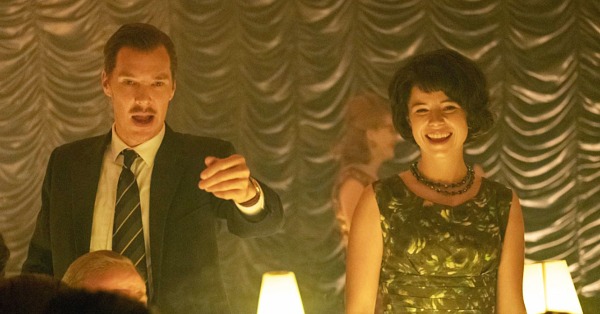
The Courier also boasts of wonderful cameos by Rachel Brosnahan and Angus Wright who are CIA and MI6 agents, respectively. And special points to the casting team for finding an actor who looks and sounds amazingly, almost disturbingly, like Khrushchev.
One of the joys of films based on true life events is trawling the internet for more information on the main protagonists, and happily, there is plenty on the Bay of Pigs missile crisis as well as about Penkovsky and Wynne. The roles demand that Cumberbatch and Ninidze use diverse acting tools for their performances. Cumberbatch transformed himself physically to become both the overweight and emaciated Wynne, especially to convey the indignity he feels in the second half. Ninidze on the other hand has to dig deep and convey fear, revulsion and triumph with subtle changes.
Director Cooke needs to be lauded for creating a film that works hard at the authenticity of the setting both in the Moscow track as well as in the London scenes. The use of real footage of John F. Kennedy’s speeches as well as from United Nations archives gives the film a sense of historical context.
The Courier is an interesting companion piece to The Death of Stalin, a dark satiric comedy that released on Netflix a few years ago as well as Chernobyl, on Hotstar. Cinema’s fascination with the Soviet years is showing no signs of waning anytime soon. However, The Courier like Chernobyl does not paint the Soviets in relentlessly dark ghastly colours. Notably, the use of Russian dialogues suggests that world cinema is moving towards a more realistic and authentic telling of the period.
